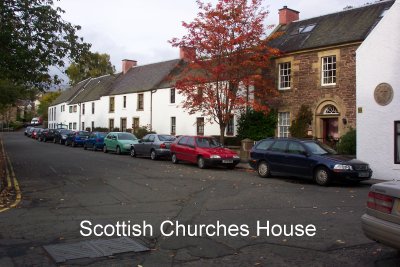The Power Struggle in Orthodoxy
Philip Walters
There are two large issues in the current crisis affecting the Russian Orthodox diocese in Britain. One is the special character the British diocese of Sourozh has developed, which is now at variance with the prevailing mood in the Moscow Patriarchate, under whose jurisdiction the diocese falls. The second issue arises from the first: should the diocese of Sourozh now change its jurisdiction?
While the Moscow Patriarchate spent seven decades preserving its identity against assault in the hostile atheist environment of the Soviet Union, Russian Orthodox jurisdictions of various allegiances developed in Western Europe and the United States. Some, like the British diocese, remained under the jurisdiction of Moscow, but sought to respond creatively to the challenges of being a minority in a pluralist religious environment.
In the words of Metropolitan Anthony Bloom, the head of the diocese until his death in 2003:
From the very outset … we Russians have considered that we have been sent to this country to bring Orthodoxy here, that is, to share the most valuable thing we ourselves possess, to give it to anyone at all who feels a need for it. This we have done not violently, nor by proselytism, but by proclaiming it for anyone to hear and by sharing it.
His vision of the Orthodox calling is thus out-going and inclusivist.
Continue reading “The Power Struggle in Orthodoxy”

